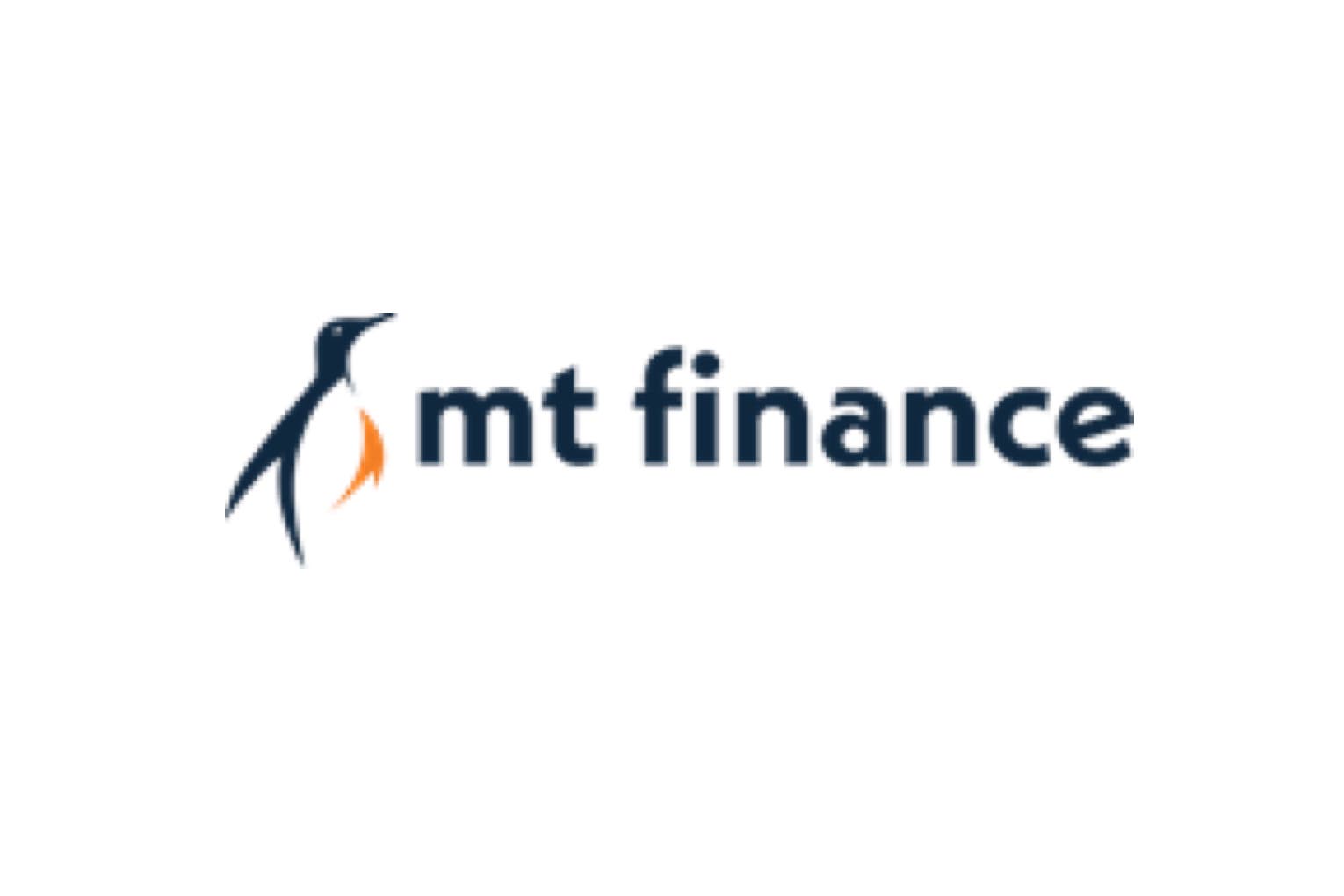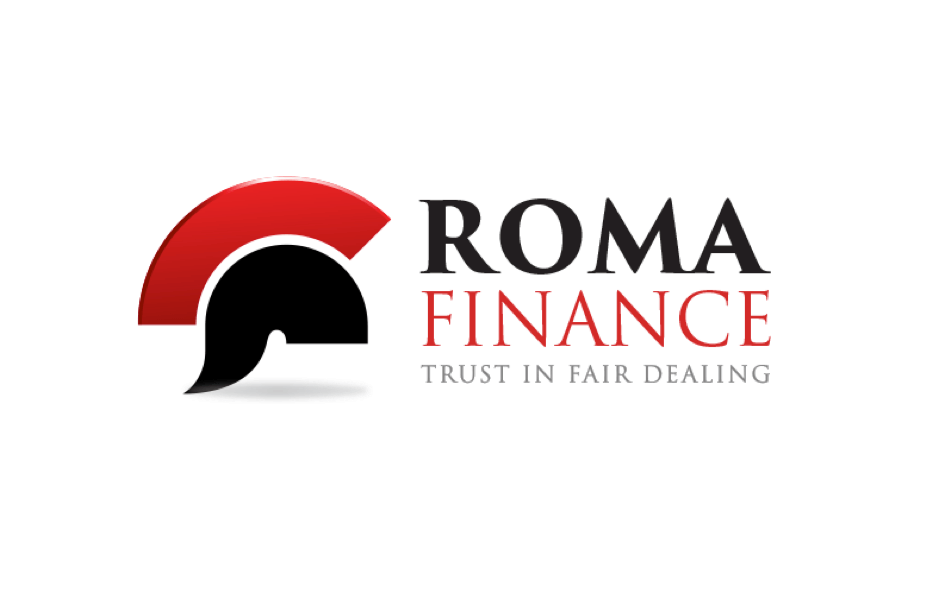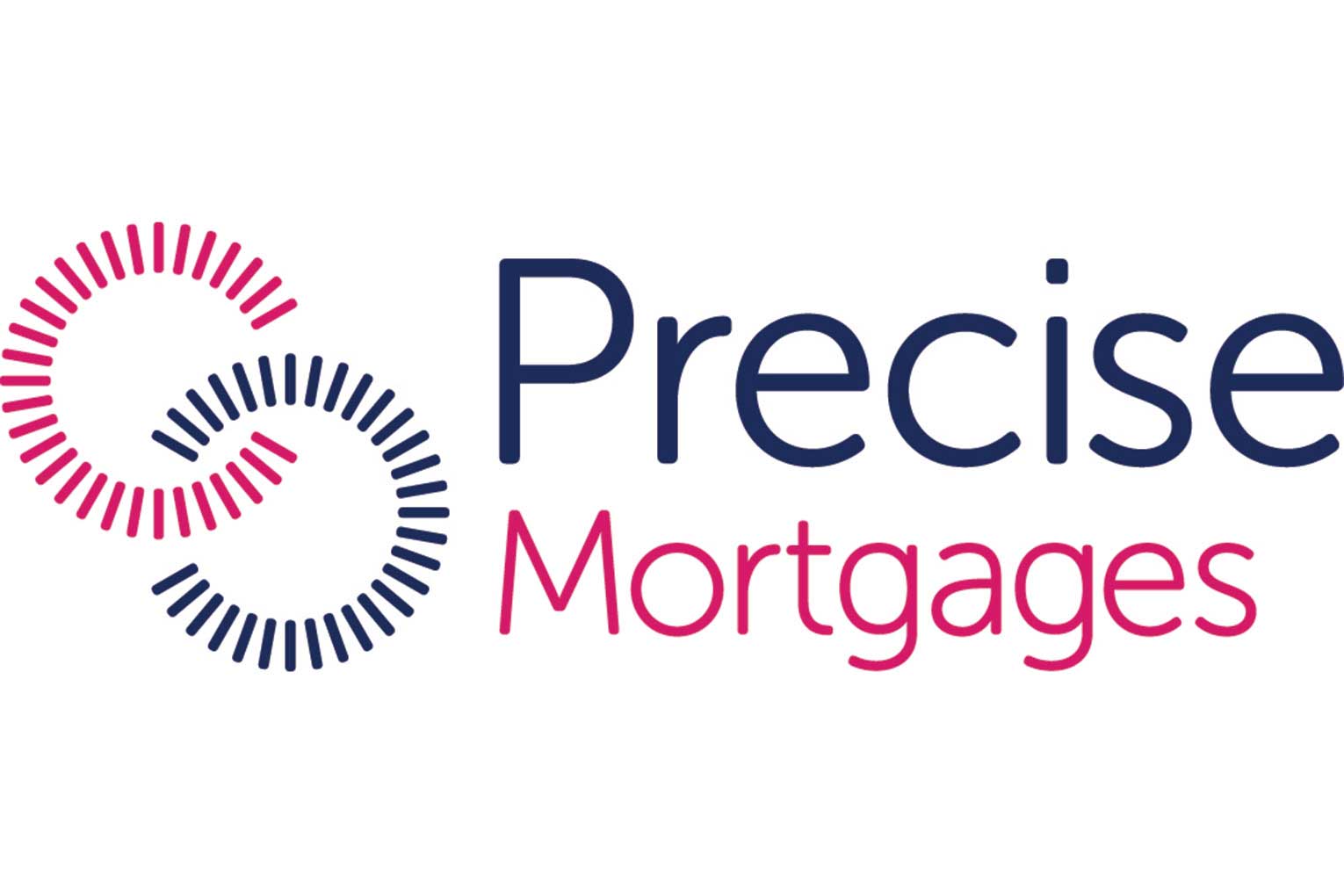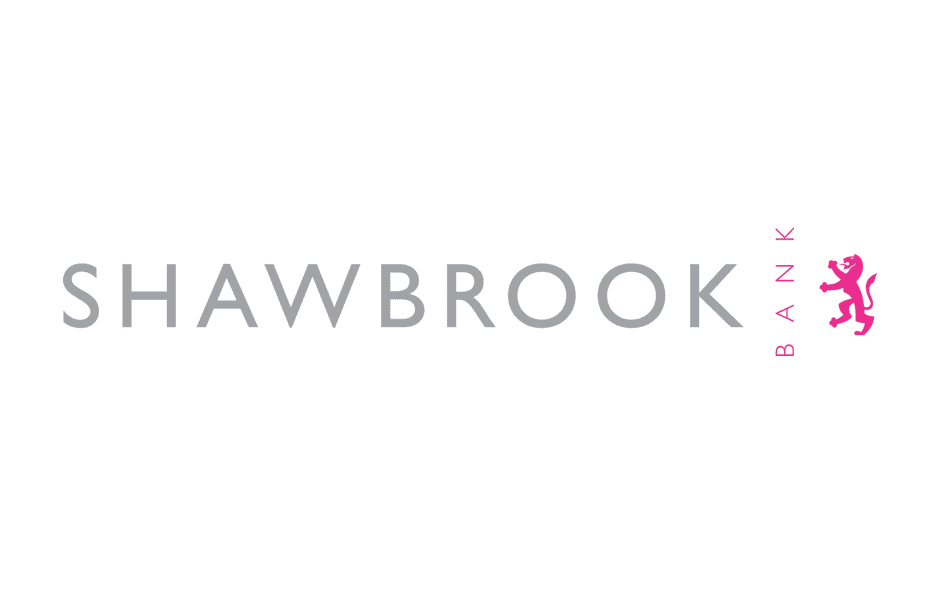70% LTV Bridging Loans
A 70% LTV (Loan-to-Value) bridging loan will allow you to take out a loan worth 70% the value of the asset you’re securing on the loan.
The higher the LTV, the greater the potential loss for the lender and therefore the larger the risk for them to lend the loan.
75% LTV is the maximum amount a regulated provider will go to; however, this can increase to 80% for unregulated providers, with some cases reaching up to 90% and even 100%.
Here, Octagon Capital explores 70% LTV bridging loans, answering some of the most commonly asked questions surrounding them.
Apply for a Bridging Loan Below
Apply for a Bridging Loan Below
*UK Property Only | *Minimum Age 21
Key Features
- Borrow £50,000 – £25 million
- Loan Term: up to 24 months
- Loan-To-Value: up to 75% (regulated) and 80% (non-regulated)
- Rates from 0.44% per month
- All credit scores considered
What Is 70% LTV on a Bridging Loan?
The LTV on a bridging loan is essentially the amount of money the lender is willing to offer a borrower in relation to the secured property’s value. This amount is expressed as a percentage, meaning, for example, that a lender offering you 70% LTV will be offering to lend you 70% of the property’s value.
Therefore, the higher the LTV, the more money you are borrowing. Lowering your LTV means you’ll be borrowing less, and therefore have a larger amount of equity in the property you are securing the loan onto. However, this also means you’ll have to provide more of your own money for the property’s purchase.
Speak to Octagon Capital on 0333 414 1491 for bridging loans at a range of different LTVs.

What Affects the LTV Offered?
There are a number of different factors that can affect the LTV a bridging loan lender offers, including the following:
- The deposit you put down for the property
- Your income
- The amount you need to borrow
- Your affordability
- Details of the property
- Exit strategy
- Growth potential
With Octagon Capital, customers can apply to borrow between £50,000 to £25 million, and sometimes even above this amount upon request.
What Is the Eligibility Criteria for 70% LTV?
As well as the details listed above that can affect the LTV offered, below is a list with our standard bridging loan eligibility criteria:
- Must have an exit strategy
- Must be over 18 years old
- Must have a minimum borrowing amount of £50,000
- Property is subject to a valuation
- Residential, commercial, mixed properties and HMOs considered
- Available in the U.K.
Adverse credit histories are also considered via non-status bridging loans. These types of loans mean lenders are willing to consider those with no proof of income as well as adverse credit histories.
Instead of using credit history to help determine eligibility for borrowing, the lender will be focused on the value that your property potentially has, as well as your plans for this property. This is where having a solid exit strategy, a plan of action and an indication of costs can help to further your chances of approval for funding.
Try Our 70% LTV Bridging Loan Calculator
By submitting this form I agree to being contacted by SPF Short Term Finance and I have read and accept the Terms and Conditions.
How Much Deposit Do I Need for a 70% LTV Bridging Loan?
A deposit on a bridging loan will be a minimum of 20%-25%. Usually, when you enter a bridging loan you’ll have to put down a deposit, which is paid in a lump sum upfront. The amount you’ll be required to pay as a deposit will depend on the amount you wish to borrow, the LTV and the value of the property in question.
You can also get a bridging loan without needing to put down a deposit, however, if doing this you might also need to look at other products to ensure you’re borrowing in a way that best suits you.
How Much Can I Borrow With Octagon Capital?
With Octagon Capital, you can find loans from £50,000 to £25 million. The amount you’ll be able to borrow will depend on a variety of details, including the potential value of the business or property in question, income, affordability and more.
Discuss your options with a member of our dedicated team today. You can call us on 0333 414 1491 or email sales@octagoncapital.co.uk.
FAQs
Octagon Capital are a London-based broker, authorised by the Financial Conduct Authority (FCA).
We’ve partnered with SPF Short Term Finance, who process all of our enquiries and ensure applicants are connected to the most affordable and responsible product for them.
Bridging loans can be used for a variety of different purposes, intended to “bridge” the gap between the sale of one property and the purchase of another.
Many use bridging loans when wanting to purchase a new house but waiting for the funds from the sale of their current one to come through. Bridging loans can be used to help purchase the new property, and can be repaid once the sale of the borrower’s existing house has gone through.
Property developers also use bridging loans to help them refurbish a property and sell this at a higher price, the bridging loan process typically being quicker than going through a long mortgage process.
There are a number of repayment options available for borrowers, including standard monthly repayments and rolling over all interest until the loan term end.
You can discuss the repayment options available with your lender.
The length of a bridging loan varies depending on the lender. For regulated lenders, bridging loans will typically be available for up to 12 months. For non-regulated lenders, bridging loans will typically be available for up to 24 months.
Lenders will usually allow borrowers to repay early, however some may charge additional fees for this.
Yes, bridging loans are always secured, typically with the property you’re looking to raise money for.
With secured loans, there’s always the risk that the secured asset will be repossessed if you fail to keep up with repayments. Always make sure you can afford the loan before applying.
THINK CAREFULLY BEFORE SECURING OTHER DEBTS AGAINST YOUR HOME. YOUR HOME MAY BE REPOSSESSED IF YOU DO NOT KEEP UP REPAYMENTS ON YOUR MORTGAGE.
A maximum fee of 1% of the loan amount is payable – for example on a mortgage of £100,000 the fee would be £1,000, the exact fee will be dependent on your circumstances. For Bridging Finance where the net loan amount is £150,000 or below, the maximum fee charged is £1,995.
SPF Short Term Finance is a trading style of SPF Private Clients Limited which is authorised and regulated by the Financial Conduct Authority (FCA).





